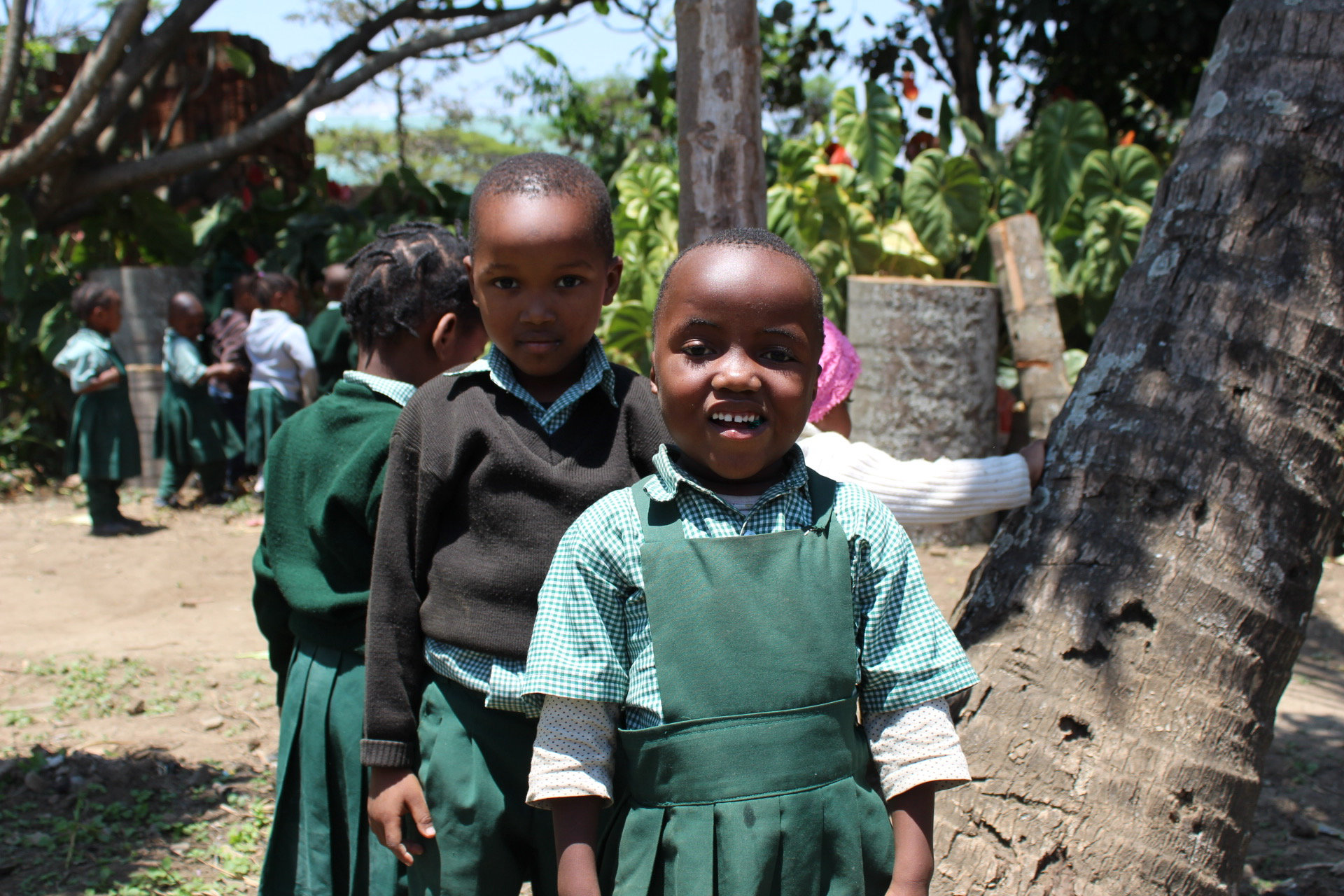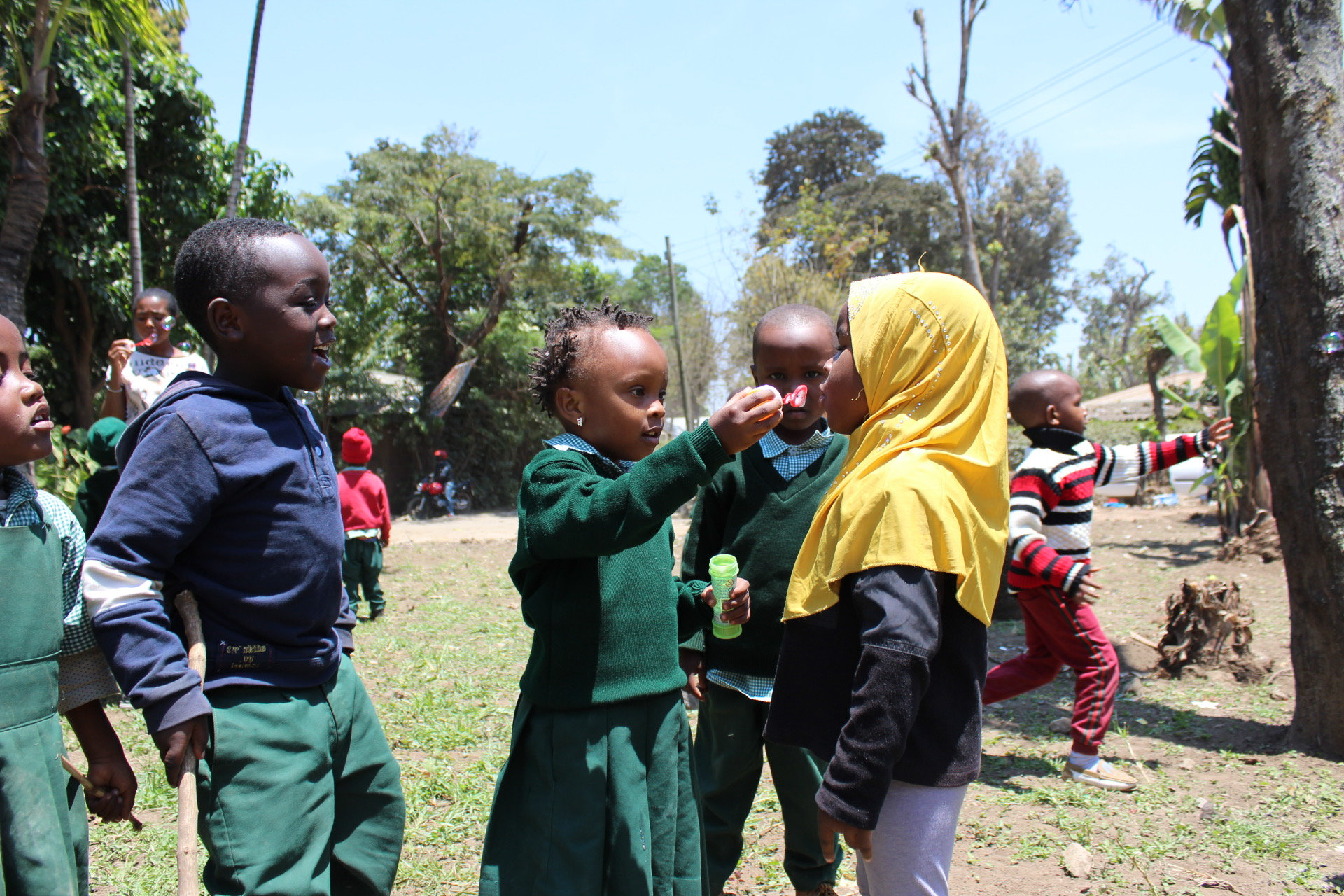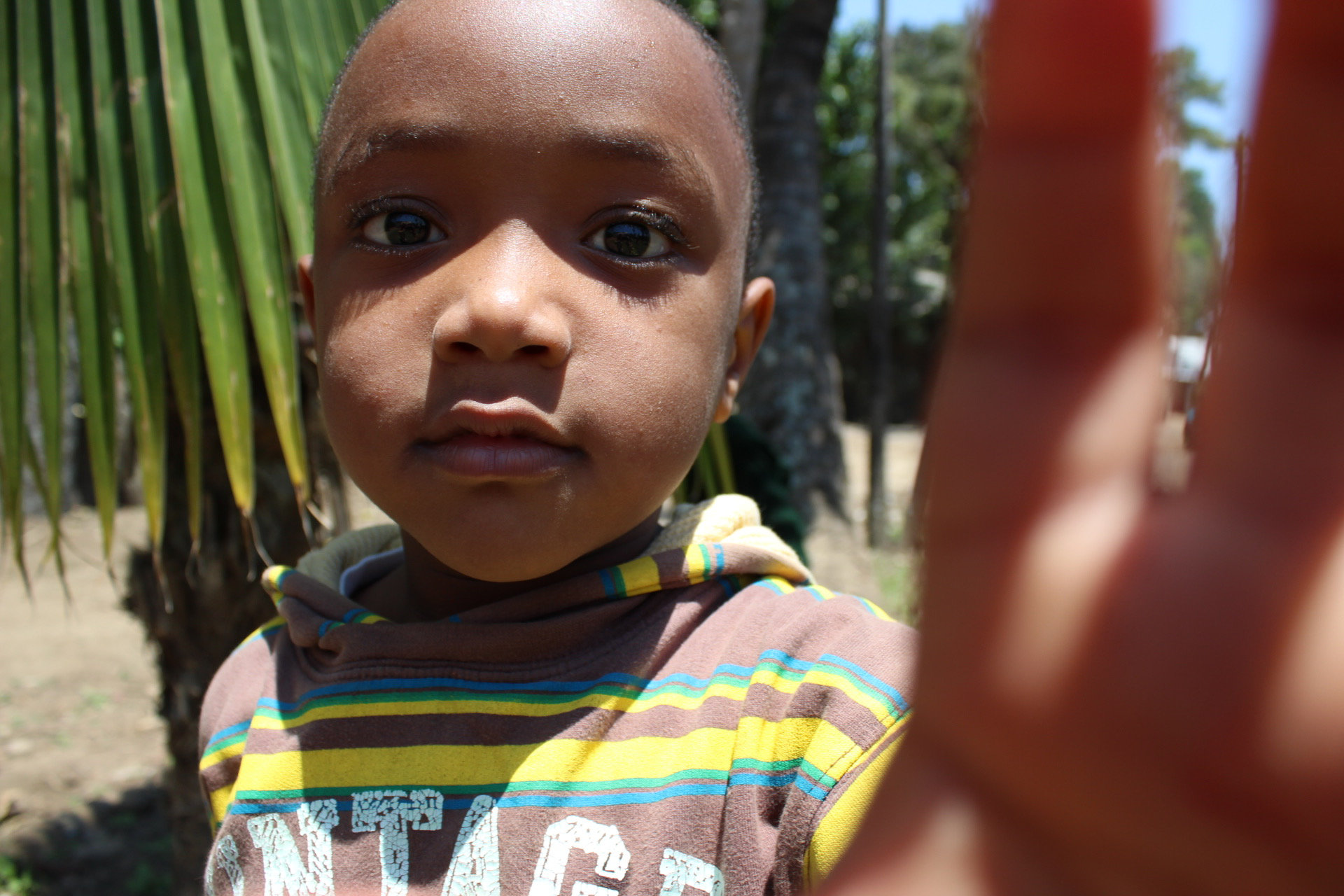Tanzania – an alternative way of living, working and travelling
It was quite a while ago that I started to feel the desire to take a trip far, far away from home. And then, finally, the day had come. I assume everyone is familiar with fundraisers that solicit donations for Africa, whether it is to relieve the consequences of drought, famine, poverty or to pay for a better education. I had often considered donating, but was never sure whether my money would actually get to wherever it was urgently needed. And how do you effect sustainable change?
For what it’s worth, everyone is talking about sustainability these days. For me, it has come to mean a kind of support that is intended to have a long-term effect. My best suggestion for a solution is to help people help themselves. With this in mind, I decided to get a first-hand impression of school education in Africa, and so I ended up travelling to Tanzania. Few of the people around me understood my motives for spending a month there, someone even warned me of the danger of being eaten by a lion. That, of course, is absolute nonsense. After all, I was not going to be out in the bush, but would be working in a school in Arusha, the cultural capital of Tanzania.
The school system is loosely based on the British one, with primary and secondary school offered free of charge on a voluntary basis. The idea is to provide a bilingual education, classes being taught in Swahili and in English. Common issues that many public schools grapple with include indifference among parents, insufficient equipment, shortages in qualified faculty and poorly designed curricula, as the headmaster at Twiga told me. The chance to mentor children individually is available only at private schools.
“Twiga Vision Tanzania”
is a non-profit, non-governmental organisation whose mission is to help primarily young women and children from difficult social and economic backgrounds. The project supports women with children in their efforts to develop a perspective in Tanzanian society, to become self-subsistent and to start a professional career – and to do so without having to neglect their children!
While the women are counselled on work and self-employment opportunities, the children are given a chance to go to school and get an education.
My job on location
Working as a volunteer, I supported the project and staff with their task of teaching preschool children, while also helping to refurbish the premises, structuring new teaching and learning materials, and helping with a first-aid class for the teachers and with the office work. The office work involved the documentation of the living condition of the pupils by visiting their homes and by compiling a profile for each pupil in order to facilitate the search for potential sponsors. You become a sponsor by donating a small sum toward the monthly tuition which even for me as a student did not constitute much of a burden. So, I decided to sponsor Khanifa, a young girl, and to pay her way through preschool. Because access to education should enable as many children as possible to lead financially autonomous and self-determined lives. If the poorer children of today are able to stand on their own two feet in a few years’ time, then paying their tuition represents a sustainable success, if you will.
Twiga is located in Mianzini, one of the poorer districts of Arusha. During my first days after arriving, I felt quite uneasy, being shocked by the poor living conditions of the children and by the fact that it is apparently normal to burn your trash in the street. Everything was so different than back home. But after a while I got used to the African way of life, and adopted a calmer, more relaxed attitude. After all, a popular motto among the locals is “pole, pole!” which means as much as “Slowly! Take it easy!” And you certainly need to take it easy, given then bustling markets, and the busy traffic.
It amazed me to see how far the preschool children here had advanced when compared to their German equivalents, having mastered the alphabet in two languages and being able to write their first words and solve simple math problems.
What I will miss most are the always bubbly children, who rejoiced over every little thing. The teachers at Twiga welcomed me so warmly and integrated me into their daily routines, complete strangers in the street wished me a nice day, and fresh fruit was sold at every corner. Tanzania is a country with a lot of tourist attractions. Mount Kilimanjaro, endless deserts, the Serengeti and many other national parks. But only if you move well away from the hotels and live among the locals will you get to know the people and their culture.
In a few years’ time I plan to go back to see how things have developed in the time since. I would very much love to witness the first day of school of the girl I’m sponsoring, and to keep supporting her in her next stage in life.


